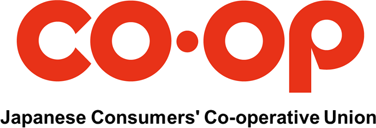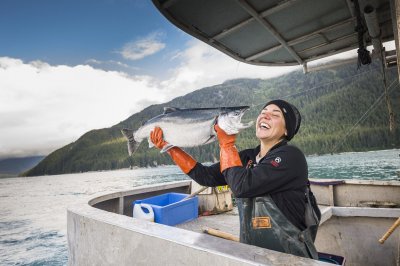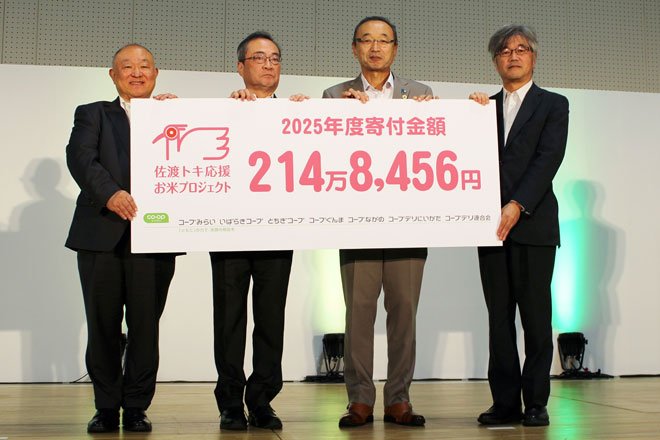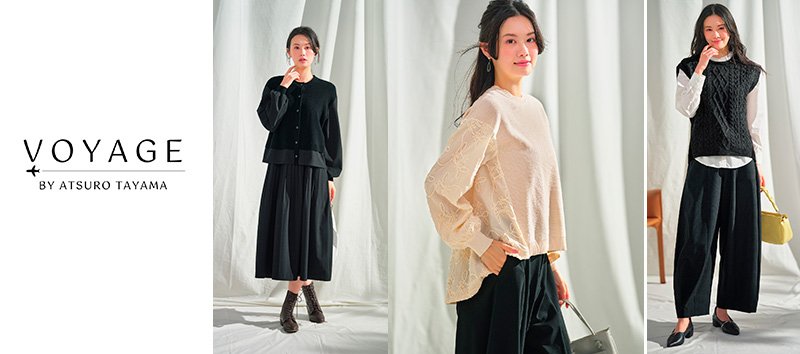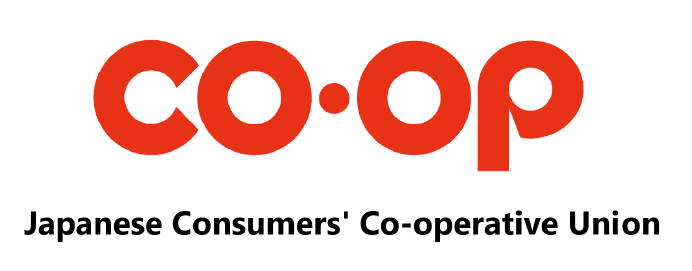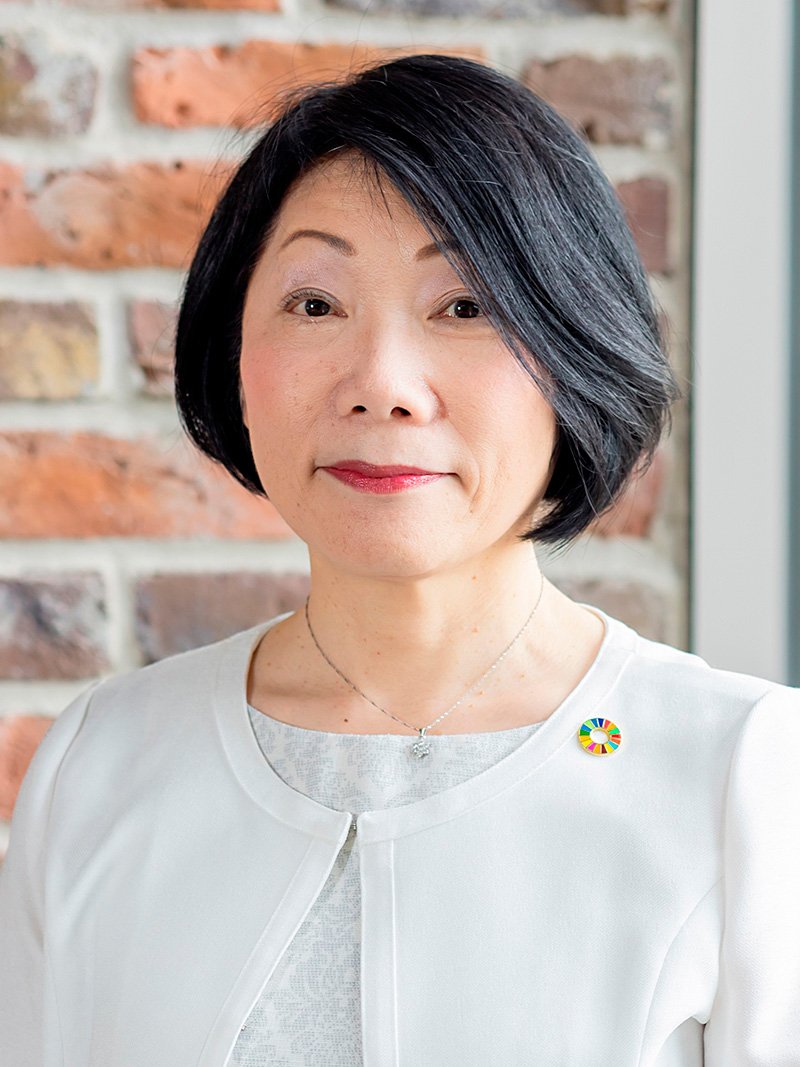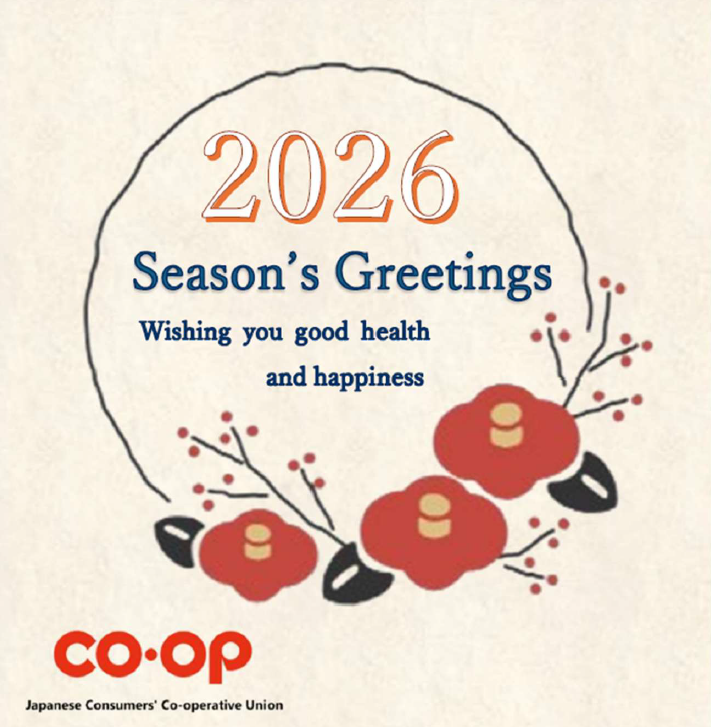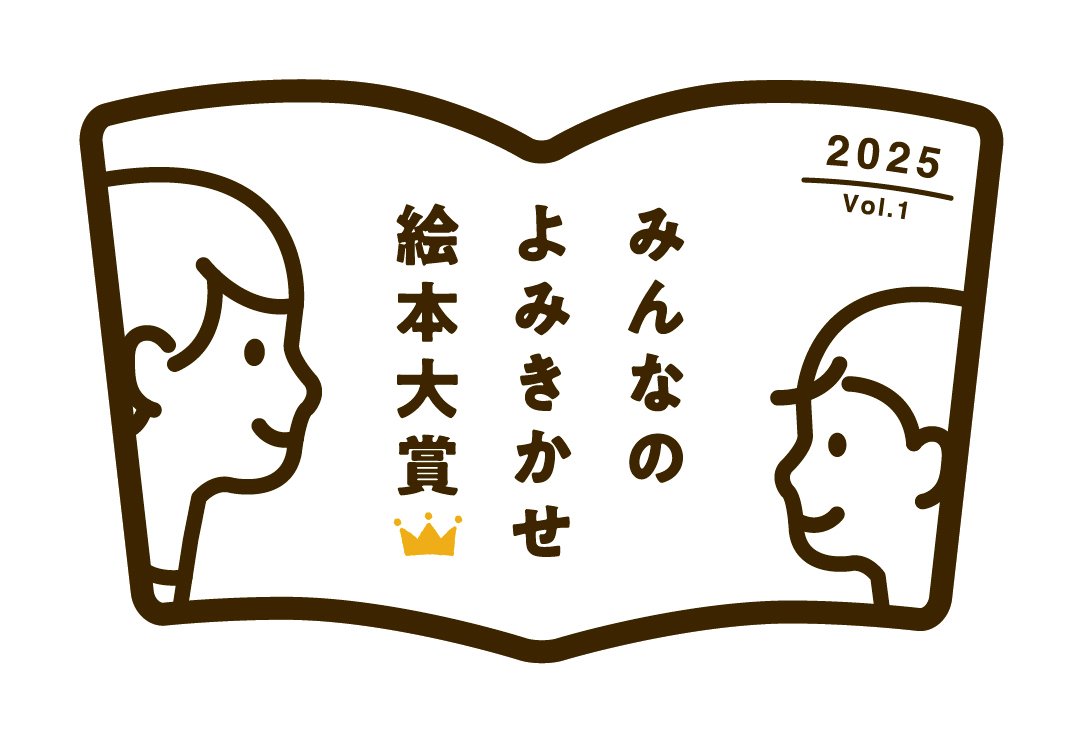JCCU launches the First Private Brand Products Manufactured in Japan with Alaska RFM Certified Eco-Label
2023.05.29
JCCU launches CO-OP Sockeye salmon roe bowl and CO-OP Salted sockeye salmon fillet with the eco-label of Alaska's Responsible Fishery Management (RFM) certification program in May 2023 as new products in the "CO-OP Sustainable" brand's "Protect Marine Resources" series. Both the CO-OP Sockeye salmon roe bowl and the CO-OP Salted sockeye salmon fillet are certified by the MSC* and Alaska's RFM**. These are the first private brand products manufactured in Japan with the Alaska RFM certified eco-label.
CO-OP Sockeye salmon roe bowl with Alaska RFM logo
*What is MSC (Marine Stewardship Council) certification?
MSC (Marine Stewardship Council) certification is a certification system for sustainable and environmentally friendly fisheries and the management of marine products caught in such fisheries so as not to deplete marine resources.
**What is Alaska RFM Certification?
Alaska Responsible Fisheries Management (RFM) certification is a certification program developed in Alaska, for fisheries that harvest wild-captured seafood resources. It indicates that the certified seafood was caught in a sustainable fishery in Alaska under responsible fisheries management. Starting in 2023, JCCU will affix the Alaska RFM certified eco-label to fish roe, salmon and trout products made from ingredients caught in sustainable fisheries in Alaska. (This applies to contract manufacturers that have obtained RFM CoC certification.)
●Mark Fina, Chairman of the Board of Directors (scheme owner of the Certified Seafood Collaborative (CSC) /RFM certification program) comments:
"I am very excited to see the RFM certification program adopted by the "CO-OP Sustainable" brand's "Protect Marine Resources" series and the launch of RFM labeled products by the CO-OP. I hope that co-op members will confidently choose and enjoy the sustainable and delicious Alaska seafood products."
Alaska salmon and trout fishery © Alaska Seafood Marketing Association
●Annual supply volume of marine eco-labeled products by co-op members reaches 10 billion yen.
In FY2022, the estimated amount of annual supply of eco-labeled marine products reached 10 billion yen. Among the co-op products in the fishery sector, the supply volume composition ratio of eco-labeled products increased from 12.8% in FY2021 to 22.7% in FY2022.
JCCU has set sustainable procurement goals for 2030 as "2030 Goals for CO・OP Brand Products" based on "Basic Policy for Responsible Procurement of Co-op Products". The goal is to achieve at least 50% of the supply of "products made mainly from marine products" (including products that do not fall under the category of marine products) with the marine eco-label by 2030, reaching 15.9% in FY2022.
